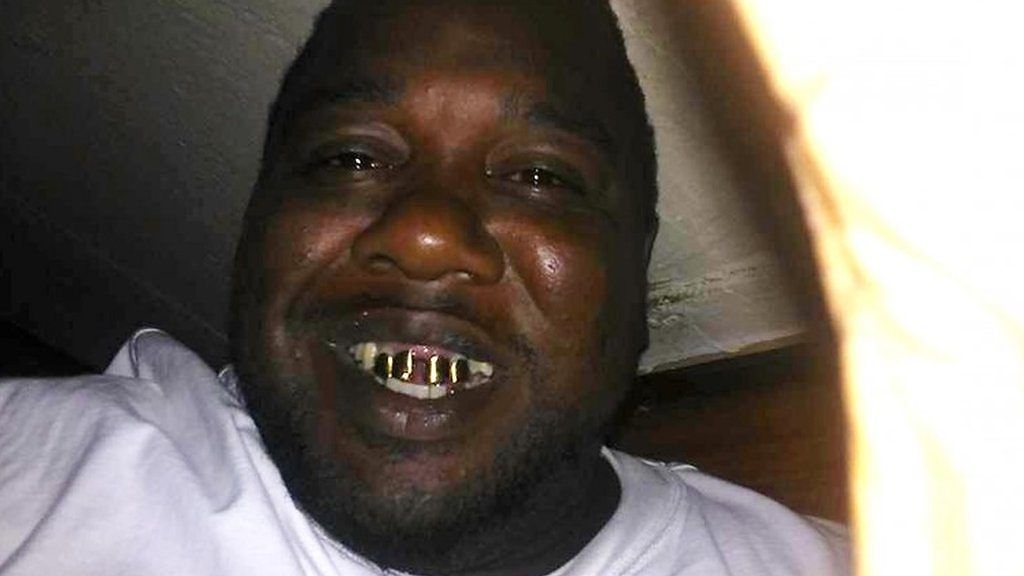Niggas Just Lie For No Reason - A Look At Language
Language holds immense power, shaping how we see the world and interact with each other, so it's almost a given that words can carry a lot of weight, sometimes more than we even realize. The way certain expressions are used, or how they come to be, really tells us quite a bit about history, about society, and about how people communicate. It's a fascinating thing, truly, how a single word can evolve, picking up different shades of meaning over time.
When we think about words that have a complex past, or those that stir up strong feelings, it brings us to a point where we might ask ourselves about the true impact of what we say. There are expressions out there that have been around for a while, and their use can be quite varied, sometimes causing a lot of thought or even some discomfort, you know. It makes you wonder, in a way, about the subtle shifts in how people choose their words, and what those choices might mean for everyone involved.
This conversation about language and its varied paths leads us to consider how certain terms, even those that began in one place, can take on completely new lives, or how they might be perceived differently by different groups of people. We're going to explore some ideas around a particular word, looking at its journey and the various ways it has been understood, because actually, it’s a pretty interesting case study in how language itself changes.
Table of Contents
- The Complex Journey of a Controversial Word
- How Do Words Gain Such Strong Meanings?
- From Slur to Something Else - What Happened?
- When is a Word Just a Word, and When is it More?
- The Evolution of Usage and Understanding
- Regional Speech and Its Influence
- Understanding the Nuances of Language
- The Lingering Impact of Historical Terms
The Complex Journey of a Controversial Word
Some words, you know, they really have quite a story to tell, a very long and winding path through history, and it's interesting to see how they change over time. It's almost as if they pick up new layers of meaning, sometimes quite unexpectedly, as they move from one era to the next, or from one group of people to another. This particular word, for instance, has been around for a while, and its journey is a pretty good example of how language can be really dynamic, always shifting and adapting in various ways. You might find it used in popular culture, which is kind of surprising for a word with such a weighty background, but it just goes to show how deeply embedded some terms become in our everyday lives, even in things like music that get a lot of attention. So, it's not just a word; it carries a whole lot of history with it, you see.
Think about a song, for example, that becomes really popular, getting a lot of airplay and even being nominated for big awards, like a Grammy, or reaching the top of the music charts. When a word that has a complicated history shows up in something like that, it really highlights how widely used it has become, or how it has found a place in mainstream entertainment. It’s a pretty striking example of how words, even those with difficult pasts, can appear in public spaces, perhaps even without people thinking too much about their origins, which is, in a way, a curious thing to observe. This kind of widespread presence, you know, it can sometimes make us think about how language moves through different parts of our culture, from casual chats to big, celebrated artistic works, and that’s a pretty powerful idea, isn't it?
How Do Words Gain Such Strong Meanings?
When people use certain words, it's not always about the dictionary definition, is that right? Sometimes, the way someone speaks, the tone they use, or the context they choose for a word, can tell you a great deal more about what they are truly thinking or feeling, or perhaps about their underlying views. There are situations, for example, where some individuals might utter a word like "nigga" with a clear sense of disdain, almost as if they are trying to put someone down, very much in the same way that a historically offensive term might be employed by others, say, when talking about "niggers." This kind of usage, you know, it really suggests a particular mindset, a way of looking at people that is rooted in prejudice, or at least a very negative perspective. It's almost as if the word itself becomes a tool to express contempt, a pretty strong indication of what someone might believe, or how they might feel about certain groups of people, and that, in itself, is quite telling, wouldn't you say?
The power a word holds, its ability to cut deep or to create distance, comes from a long history of how it has been used, and who has used it against whom, so that’s something to keep in mind. In the English language, a term like "nigger" has been, for a very long time, a harsh verbal attack aimed directly at Black individuals. This isn't just about a word; it's about the pain and the historical weight that it carries, about its purpose as a tool for discrimination and unkindness. It is, in essence, a verbal weapon, designed to diminish and to hurt, and that history, you know, really sticks to it, making it a truly difficult word for many to hear or to even think about. Its very existence is tied to a past of systemic unfairness, which is a very important point to remember when considering its impact.
From Slur to Something Else - What Happened?
Language, you see, it’s always moving, always changing, and sometimes, words shift in how they are used or even in their very form. It's a pretty interesting phenomenon, really. For instance, starting around the 1990s, there was a noticeable trend where direct mentions of the word "nigger" began to be less common in public discourse, and instead, people started to use a shortened, perhaps a bit softer, version. This shift, you know, to a contracted form, was a way to talk about the word without actually saying the full, harsh term, which is a common strategy when people want to avoid something that is widely considered offensive. It shows how society tries to adapt, sometimes by finding roundabout ways to refer to things that are too difficult or too loaded to address head-on, and that's a pretty clear example of how language can evolve to meet social needs, or at least to try to.
The word "nigga" itself, it came into being as a slightly different way of saying "nigger," reflecting one of the ways people would pronounce the older, more hurtful term. For many individuals, this newer version carries the exact same weight, the same sense of offense, as the original, because, in their experience, it’s just a different sound for the same hurtful idea. It’s a bit like how different dialects might pronounce a word in slightly varied ways, but the core meaning, the feeling it evokes, remains unchanged, and that’s a pretty strong indication of its enduring impact. However, by the close of the 20th century, there was, in a way, a noticeable divergence in how these two terms were being used, suggesting that while they shared a common origin, their paths in everyday speech were starting to branch off, which is kind of fascinating to observe in language.
When is a Word Just a Word, and When is it More?
When we look at words, especially those with a lot of history, we find that they often come with a whole set of labels attached to them, describing their nature and how they are generally seen by people, so it's not just a simple matter of definition. Take the word "nigga," for example. It’s described in various ways: as something that causes offense, as a term used to insult a specific group of people based on their background, as something coarse or improper in speech, and even as a word that feels a bit old-fashioned or out of date. It’s also seen as a pronunciation spelling of that other, very harsh word, which is interesting. So, it's not just a simple word; it carries all these layers of meaning, all these different ways people perceive it, which is pretty complex.
It’s important to remember, too, that while it might be considered vulgar or slang, and certainly often offensive to many, this word is also, in some contexts, used quite frequently by certain groups. This dual nature, where something can be both deeply offensive and yet commonly spoken, is a pretty peculiar aspect of language, isn't it? It highlights how words can have different lives depending on who is saying them, to whom, and in what situation. This kind of varied use, you know, really shows that language isn't static; it’s a living thing, always adapting and being shaped by the people who speak it, and that’s a pretty dynamic process to witness.
The Evolution of Usage and Understanding
Words, you know, they often have a birthplace, a specific time and place where they first started to be used, and this origin can tell us a lot about their initial meaning or purpose. For this particular term, its beginnings can be traced back to around 1925, and it first appeared in the southern parts of the United States. This geographical starting point is quite significant because it suggests that the word was, perhaps, tied to the particular speech patterns and social conditions of that region during that era. It’s a bit like how certain phrases or expressions become popular in one area before possibly spreading to others, or sometimes, they just stay very much a part of local talk, which is kind of neat to think about when we consider how language spreads and takes root in different places. So, its roots are pretty specific, in a way, to a certain time and a certain part of the country.
Article Recommendations



Detail Author:
- Name : Eldon Dare
- Username : hailie75
- Email : melisa01@yahoo.com
- Birthdate : 2004-11-06
- Address : 791 Kirlin Green Suite 853 Williston, GA 93042
- Phone : 408.462.4767
- Company : Mohr-Boehm
- Job : Title Abstractor
- Bio : Minus veritatis ipsa natus et quisquam quaerat vel voluptas. Molestiae neque provident non dolorem nihil veniam. Voluptas laborum sint voluptatum necessitatibus ex. Magni sit quisquam qui sit sunt.
Socials
tiktok:
- url : https://tiktok.com/@huelsb
- username : huelsb
- bio : Aspernatur possimus adipisci sint fugit.
- followers : 5208
- following : 2638
instagram:
- url : https://instagram.com/bradley9750
- username : bradley9750
- bio : Qui possimus expedita qui voluptas. Omnis rem sunt voluptatem aut.
- followers : 5083
- following : 2583